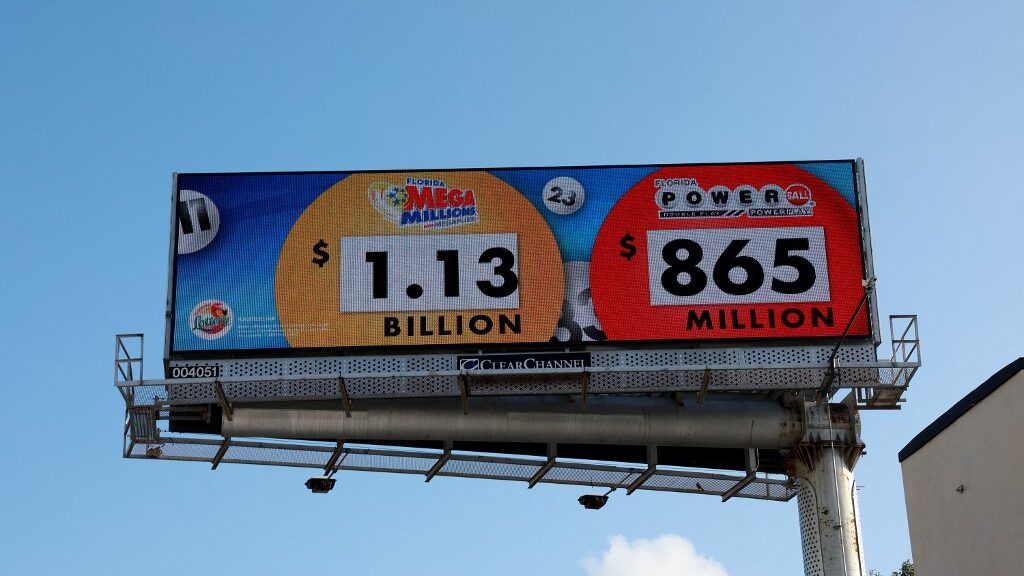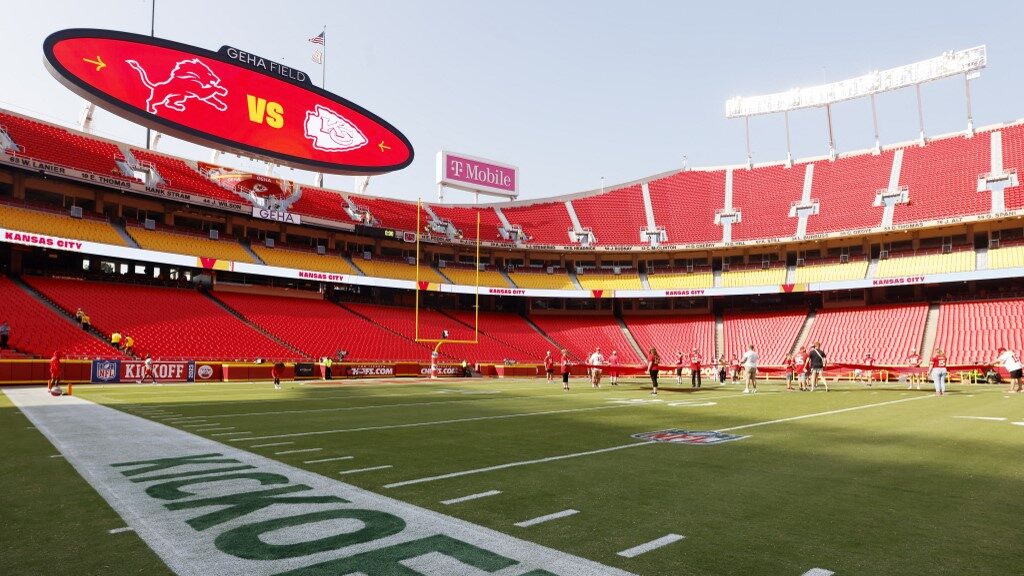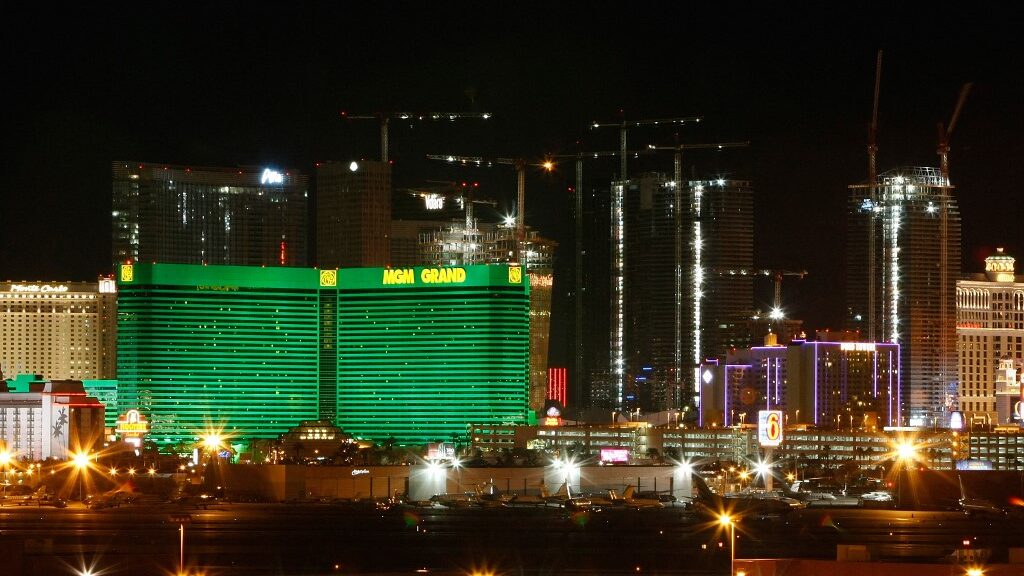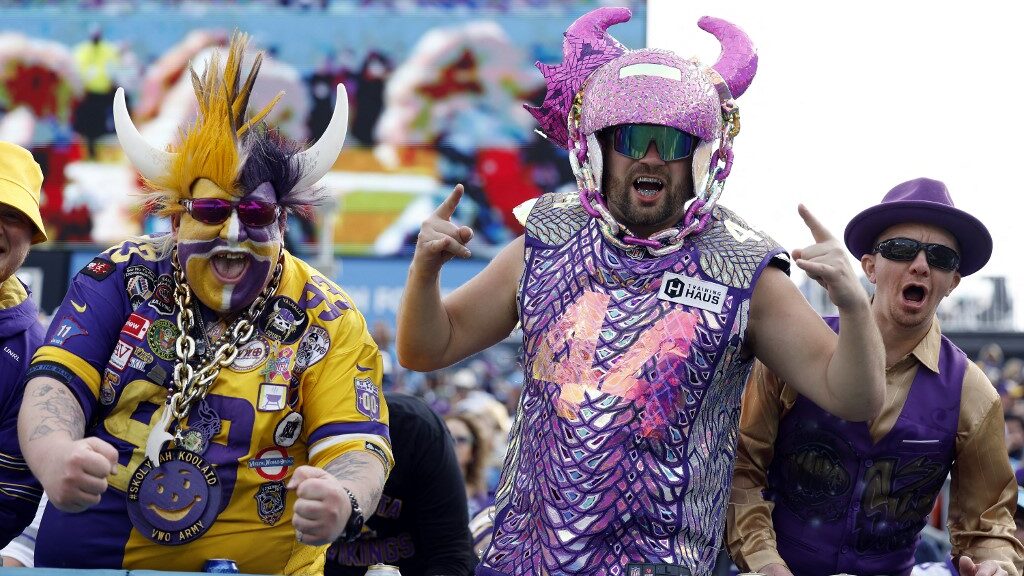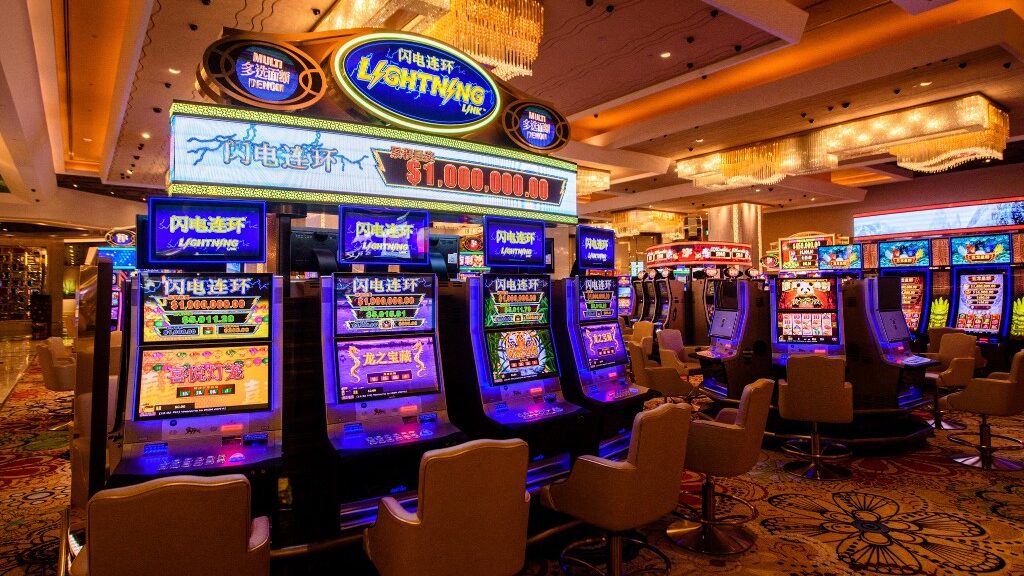
The small, densely populated Chinese city of Macau is the world’s biggest gambling destination and 80% of its revenues are derived from the gaming industry.
However, mainland China has become increasingly involved in its affairs and has shut down virtually all of its non-essential businesses, including the six casinos that feed its economy, due to the nation’s zero-COVID policy.
Macau Goes Dark
Shortly after the pandemic struck, Macau’s casinos were shuttered for approximately two weeks, but even after the ban was lifted, health restrictions and strict entry regulations on tourists were imposed, further crippling the once thriving gambling palaces of the Far East.
That was two years ago and although those restrictions eventually eased, its primary revenue generator is still reeling because of it. The latest directive from the Chinese government has forced another shutdown and the casinos are sitting silently until the government allows them to reopen.
It’s another blow to an industry that has shown resilience throughout the world, particularly in the United States, where casinos are in the midst of a gritty recovery. Nevertheless, the autocratic Chinese government has decided on draconian measures to halt the second wave of COVID in the world’s most populous nation, and Macau’s casinos are no exception to the blackout.
Casino Executives Are Ready to Open Up Again
After the first shutdown was lifted two years ago, an anonymous Macau casino executive said, “It is wise to open a little bit, even if business is slow. The government wants us to open because it signals a sign of stability for Macau.”
But the government appears less inclined to signal much of anything this time around except a zero-tolerance policy for any businesses not complying with the official order.
License Renewals Looming
The timing of the shutdown is troubling for the three American entities engaged in the Macau gaming industry as their operator licenses are up for renewal at the beginning of next year.
The geopolitical landscape has shifted dramatically since the last contract was signed and the new agreement has cut the life of the license from 20 to 10 years, while taxes will increase from 39% to 40% at the onset of the New Year.
And although the terms are not quite as operator-friendly as before, the biggest concern has to do with Sino-American relations that have deteriorated over the past decade. It could very well be that the American corporations – Wynn, Sands, MGM – that are heavily invested in Macau, could be told to take their leave while the Chinese gaming corporations are allowed to continue to do business.
“It’s a geopolitical, national security issue because the situation where Americans dominate 50% of Macau’s primary industry is probably an unacceptable national security risk,” said Ben Lee, founder of gaming consultancy IGamiX.
Taking Desperate Measures
Meanwhile, many of these companies have taken or will take loans from their parent companies to remain solvent. All of them are also paying their employees during the shutdown despite not being mandated by the Chinese government to do so.
The casino operators understand they must be viewed as benevolent by the locals if they are to have a smooth transition when the lockdown ends.
The business gained is worth the wait as Macau’s gaming industry did a staggering $36 billion in pre-pandemic 2019 but that revenue fell precipitously to $10 billion in 2021 due to the global pandemic.
Although currently there are no revenues, American entities are taking a long-game approach in hopes it will manifest into a new deal that will reap them a handsome return over the next decade and beyond.


